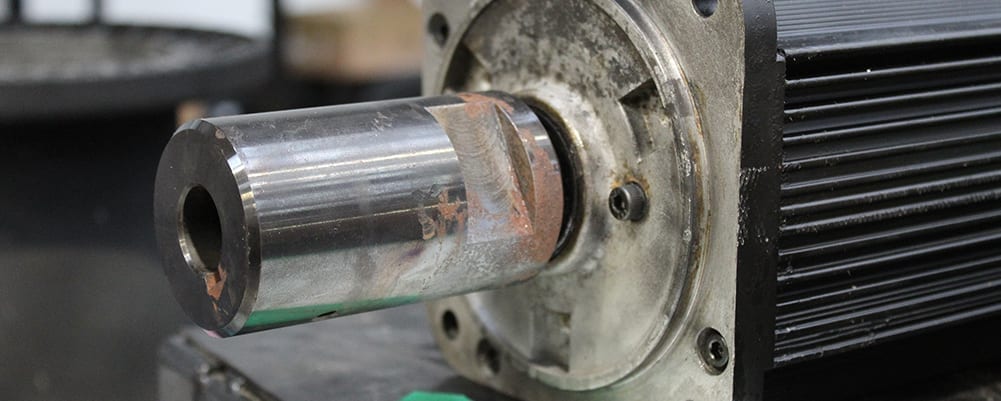Machinery Failure: The Top 4 Reasons Why It Happens


Lewys Gammond Phillips
Marketing Officer, Kontroltek Ltd


Why Machinery Failure Happens?
Machinery failure is a common issue that occurs during the manufacturing process. There are many reasons why machinery failure happens, but the main aim for a manufacturer is to either prevent it or minimise the amount of downtime it causes.
In the UK, manufacturers suffer downtime every 2.5 months on average. Dependent on how long you’re down for and how crucial the machine is, failure could cost between hundreds of pounds to hundreds of thousands.
The Top 4 Reasons
Your machine will likely have electronic components like a motor, drive, circuit board, monitor/touchscreen or PLC. These are the parts which help your machine carry out its automated task.
Each electronic component has its unique issues that occur, which we’ve tried to list on each of their product webpages. But overall, machinery failure can happen from the following.
Old Age
The number one cause of machinery failure is old age. Not only is the machine made up of its main components, but many smaller vital parts that it needs to work.
Age and the amount it’s used will cause small issues that may develop into a critical breakdown. To help maintain machines, many manufacturers carry out preventive maintenance.
This can be time-based, or usage-based. You may carry it out every quarter, or maybe after so many production cycles.
Overheating
If you haven’t got proper ventilation, it may become hotter in certain areas of your machine than others. This could happen because there’s friction between metals and other materials.
Heat is expected. But, if there is too much, it could cause complete machinery failure. In some circumstances, even too cold of temperatures could cause failure — this may occur when switching a machine off for an extended period.
To monitor overheating, you can use an infrared thermometer and check the machine temperature during operation. If there is an issue, remove the part for repair and consider lubricating the machine to reduce any potential friction.
Corrosion
Corrosion can occur from any type of liquid. The most likely to cause it is water.
The corrosion of vital parts may cause electrical failures in components or a build-up of rust on metals. Water contamination causing corrosion means in an eventual machinery failure, as one part can no longer work, or parts can no longer work together.
To avoid corrosion, cleanliness plays a big part. Especially as operators can spot leaks early on by safely cleaning the interior and exterior of machinery.
Vibrations
Vibrations always occur during a machine’s automation. But if irregular vibration occurs, it can cause parts to become loose or for lubrication issues to occur.
To prevent complete failure, vibration analysis can be used to monitor and detect if a machine is vibrating more than normal.
How to Spot Potential Issues
Operators and plant managers can carry out the following:
- Listen for abnormal sounds
- Monitor temperature of machinery
- Check for leaks during cleaning
- Check production speed and resistance
- Detect irregular vibration
- Carry out maintenance
Getting Your Machinery Repaired
The reason machinery failure occurs is because one or more parts inside has become damaged. You must get that part repaired as soon as possible, to minimise production loss.
If you know which part is faulty and can remove it, Kontroltek will collect it for free and take it to a workshop. There, an electronics engineer will find the fault and provide you with a quote.
We’ll then repair, test and return it within 10 days. If it’s an emergency, we can return your part between 1-3 days.
If you don’t know what has caused the machinery failure, you can arrange to have a Kontroltek engineer on-site.
Contact us today if you need a repair.
Don’t need a repair? Get registered with us anyway, for a better service once you do.
